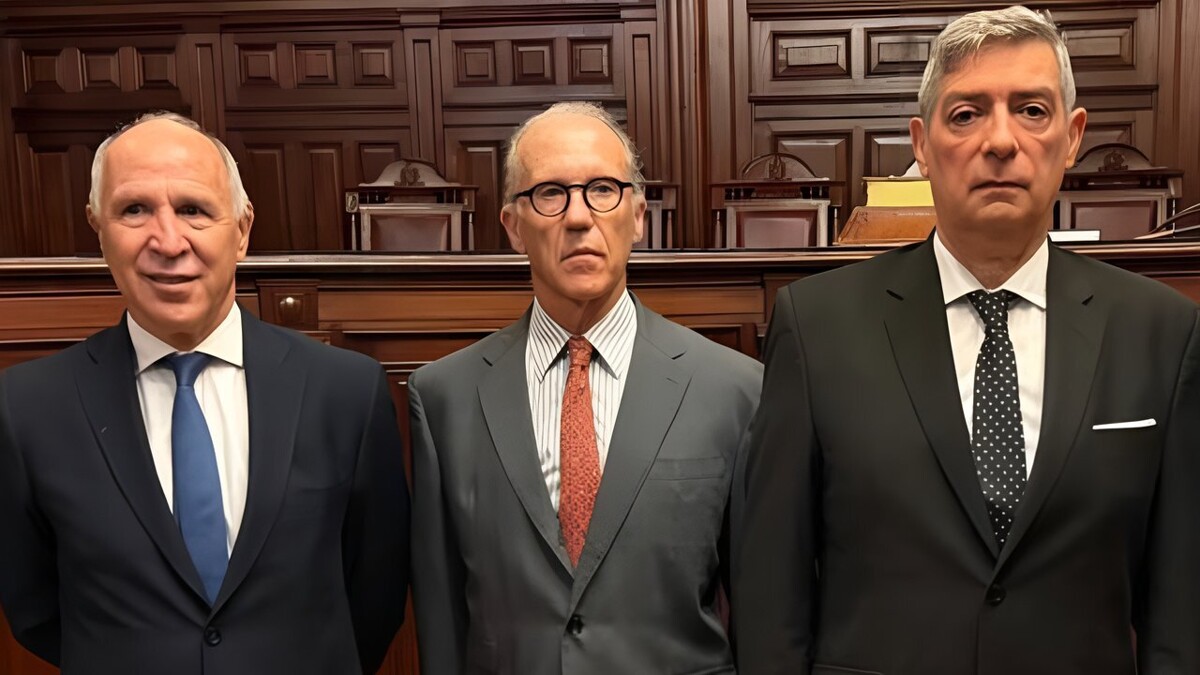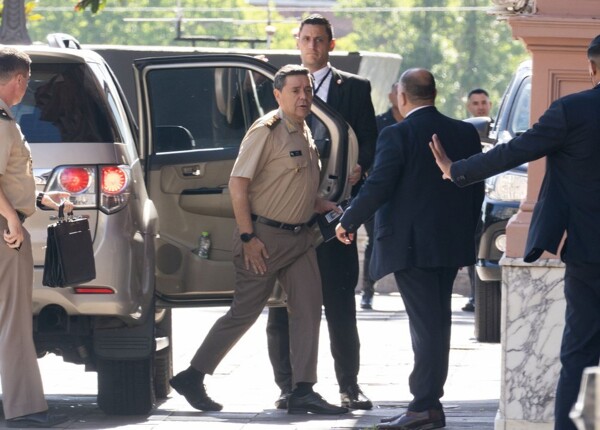
The Argentine Executive is considering new options to fill the vacant positions in the Supreme Court, after the nominations of candidates Ariel Lijo and Manuel García Mansilla were rejected by the Senate. Despite clarifying that it is not about fulfilling a quota, but about ensuring the suitability of the candidates, several names are mentioned that could be selected.
Ricardo Ramírez Calvo, a lawyer from the University of Buenos Aires, is one of the mentioned candidates for one of the positions. His profile is highlighted as similar to García Mansilla's, and he has experience as a professor of Fundamental Rights at the University of San Andrés. Another candidate under consideration is Ricardo Rojas, who would have the backing of the president and is running to replace Rodolfo Barra in the General Treasury's Office.
The possibility of including a woman in the Court is mentioned to fulfill the vacant quota following the departure of Elena Highton de Nolasco. Among the proposals circulating, the name of judge Ivana Bloch stands out, who is currently in charge of the Criminal and Correctional Oral Court number 4. The government shows openness to consider external names that meet the established requirements.
Javier Milei's government, after the rejection of the original nominations, seeks to modify its strategy to achieve the expansion of the Supreme Court. The possibility of including a woman among the new proposals is being considered, responding to some requests from opposition sectors. Although a proactive approach has not been defined by the government in negotiations, it is expected that the resolution of the dilemma will materialize before the national elections in October.
The Deputy Minister of Justice, Sebastián Amerio, in contact with various sectors of Peronism, leads the task of populating the Court and maintains a fluid dialogue to address this issue. The opposition force also influences the official strategy change, which views the current political scene optimistically to achieve consensus in the election of new members of the court. Despite the positive signals, a final decision on the candidates to occupy the positions has not yet been made.














